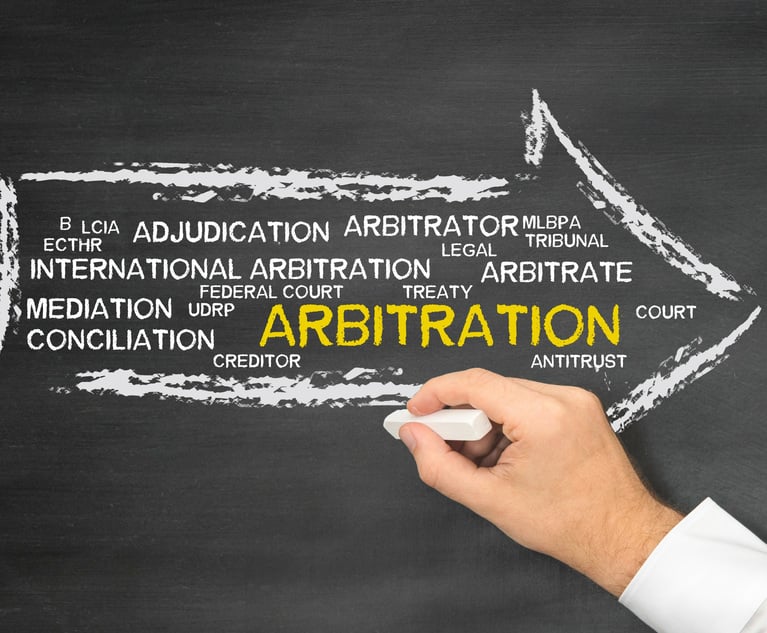Over the years, the breadth and scope of workplace investigation confidentiality rules has been scrutinized and debated. There is no question that some degree of confidentiality is appropriate during many types of workplace investigations, particularly for the duration of the investigation. Confidentiality requirements often protect the interests of both employers and employees.
However, depending upon the nature of the allegations and the breadth of the rules or instructions, restrictions could interfere with employees’ Section 7 rights to engage in “concerted activity” for the “mutual aid or protection of employees” under the National Labor Relations Act (NLRA), 29 U.S.C. Section 157. Conversely, the inability to require an appropriate degree of confidentiality, especially during an investigation, can compromise the investigation’s integrity. It can also result in an increased risk of interference, retaliation, and dissemination of employees’ sensitive personal information. Many employees prefer that their matters be handled with confidentiality.
This content has been archived. It is available through our partners, LexisNexis® and Bloomberg Law.
To view this content, please continue to their sites.
Not a Lexis Subscriber?
Subscribe Now
Not a Bloomberg Law Subscriber?
Subscribe Now
LexisNexis® and Bloomberg Law are third party online distributors of the broad collection of current and archived versions of ALM's legal news publications. LexisNexis® and Bloomberg Law customers are able to access and use ALM's content, including content from the National Law Journal, The American Lawyer, Legaltech News, The New York Law Journal, and Corporate Counsel, as well as other sources of legal information.
For questions call 1-877-256-2472 or contact us at [email protected]


 Credit: Andrii Yalanskyi/Adobe Stock
Credit: Andrii Yalanskyi/Adobe Stock




